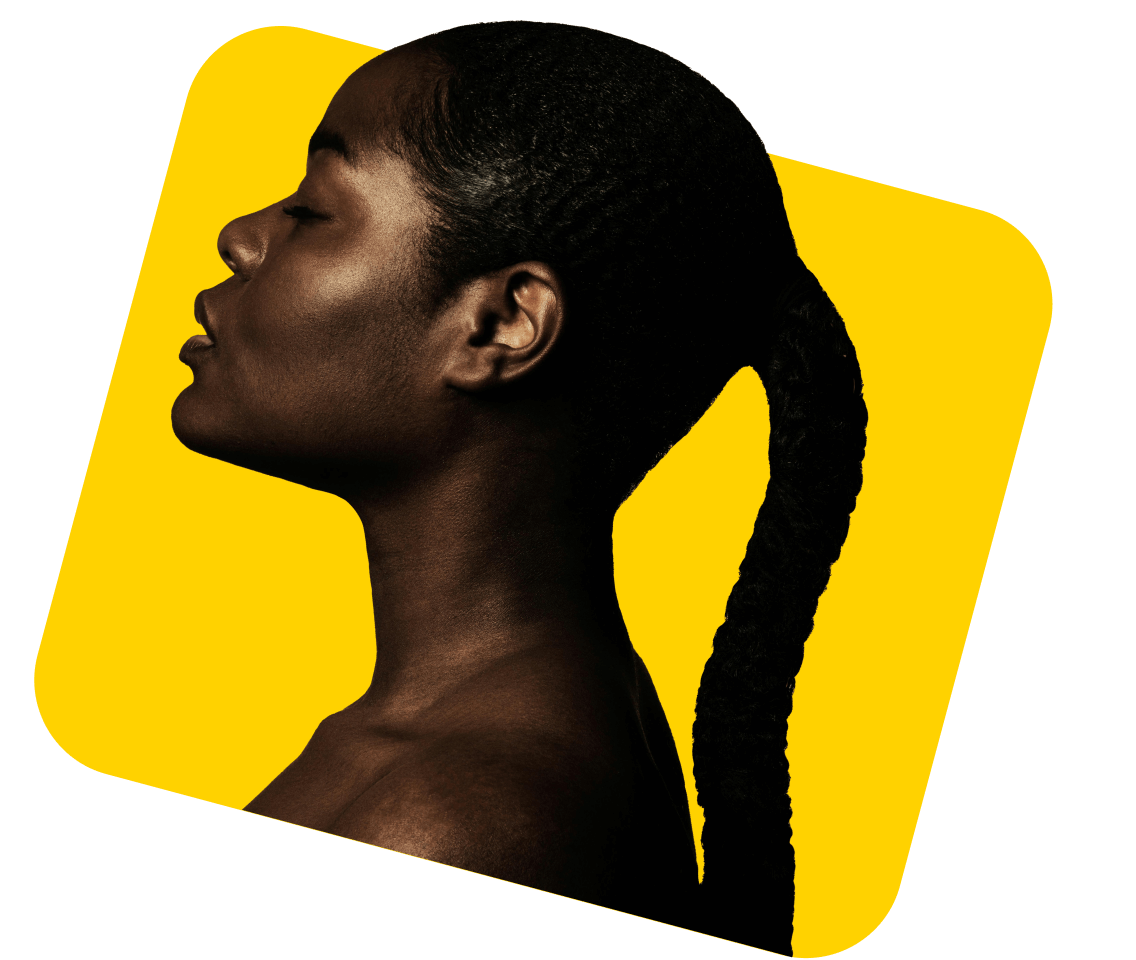A new, diverse strategy
A sustainability-focused beauty and wellness brand wanted to revamp its brand strategy with messaging, brand positioning, and tactics that would appeal to culturally diverse Gen Zers and young Millennials.
To better understand this audience and earn their trust, it needed to collect insights from creator partners who connected with this audience and understood their followers, values, needs, and aspirations on a community level.
Because this brand had worked with Later’s influencer marketing platform before, they trusted us to help foster relationships with an inclusive group of creators who know how social media creates and reflects culture, particularly for younger demographics.
Later Influence
Turn influencer marketing into your #1 revenue generator.
Sourcing Actionable Creator Feedback
Because of its longstanding presence within the beauty, sustainability, and lifestyle spaces, the brand knew that creators active in these areas would provide valuable feedback. The brand pursued a mix of nano-, micro-, and mid-tier influencers with an established interest in an array of environmentally-conscious beauty products, wellness and lifestyle, environmental activism, and social justice.
Choosing the right influencers
The brand and Later also understood that young, underrepresented creators would have a strong influence on the purchasing choices, trends, and cultural nuances experienced by the demographic the brand hoped to reach. To help it gain the insights it needed to better reorganize its brand strategy, it decided to hone in on Gen Z creators who are Black or Latinx, and who identify as women.
Later and the brand were confident that this group of creators would be best to activate and achieve their goals because, in addition to their value as industry experts, they emulate the brand’s messaging for this campaign: “How culture extends beyond beauty”. So, the brand and Later proceeded with multiple touchpoints in their outreach plan to collect a mix of qualitative and quantitative research.
Conducting a focus group
Both creator discovery — sourcing and identifying creators based on the brand’s outlined persona — touchpoints were hosted and moderated by the brand’s consumer research agency partner. Later coordinated all screening, outreach, communications, troubleshooting, compensation negotiations, and payment directly with creators.
The first touchpoint was a 90-minute online focus group interview in an unbranded environment that did not disclose the brand’s involvement, to avoid biased responses. The agency asked questions centered around the beauty industry and its cultural impact.
Creator survey & interviews
The second touchpoint reactivated a segment of those creators to complete a survey, to decipher which beauty brands (especially within the clean beauty space), skincare brands, and retailers it felt would do well when it comes to inclusion and representation in its advertising and business practices.
Then, creators were asked to sign a non-disclosure agreement (NDA) to participate in one-on-one interviews, during which the brand was revealed as the sponsoring brand. During these more personal interviews, the moderator discussed the creators’ survey answers with each respondent while representatives from the brand listened in. In addition, Later and the brand asked for feedback on creative concepts that the brand team had developed based on the focus group results.
Actionable, culturally-informed insights
The brand incorporated more inclusive practices by integrating its market research findings into its campaign plans. The information collected from authentic, raw conversations with influencers helped the brand revitalize its strategy for a renewed commitment to more representative future content.
